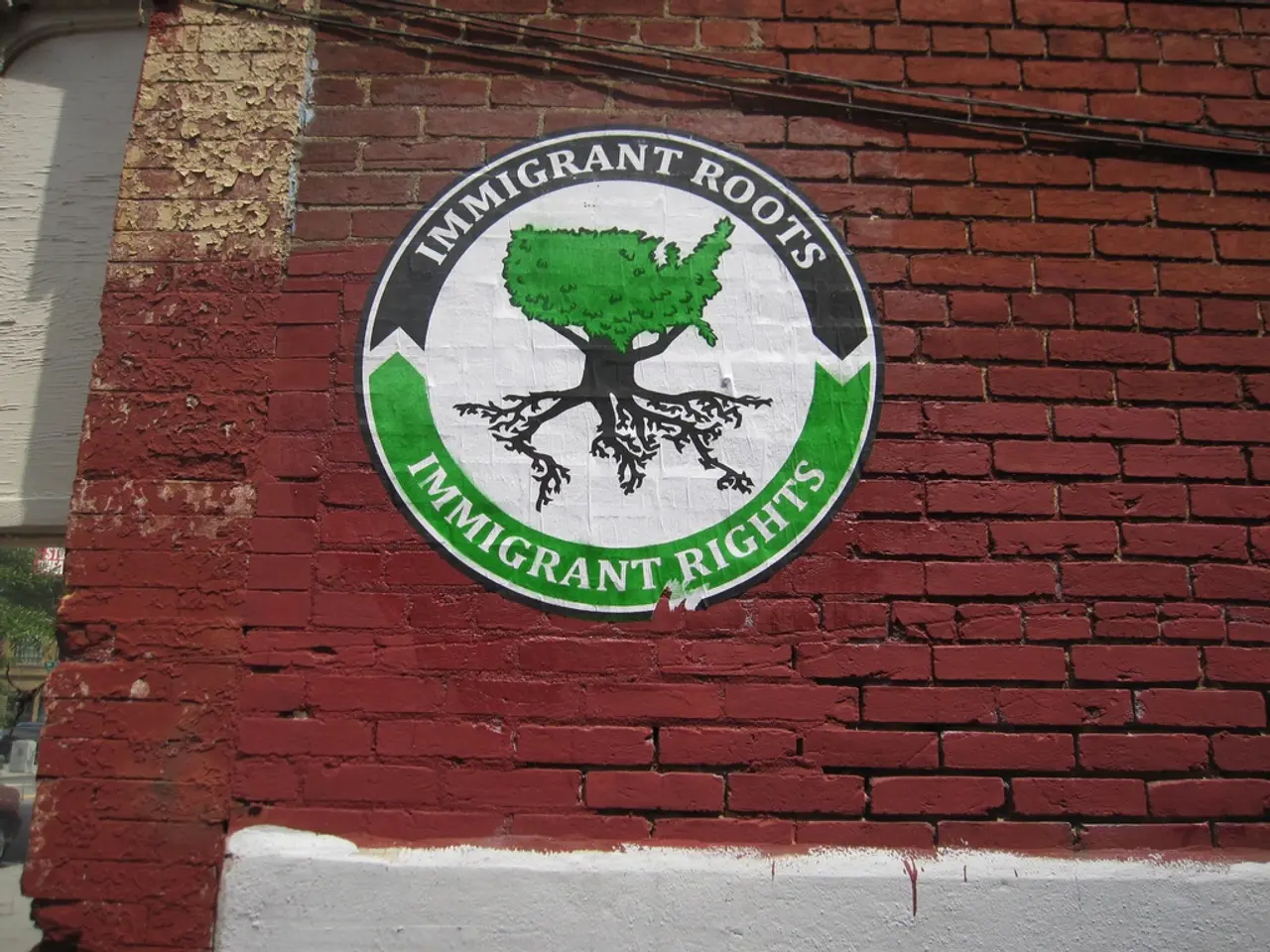Bangladesh's Interim Government Has Finalized the July Charter and Plans to Present It on August 5th
The latest round of discussions, involving 30 political parties and the National Consensus Commission (NCC), aimed at finalising the recommendations of various reform commissions set by the interim government, concluded recently. The objective of these talks was the drafting of the July Charter, a landmark political declaration formulated in the aftermath of the 2024 July Revolution.
The July Charter, a significant step towards consolidating democratic reforms after the uprising, aims to establish national consensus on key issues related to state structure, system of governance, and principles of good governance. However, political parties differ over certain governance details, requiring further dialogue for national agreement.
The presentation of the July Charter will take place before the nation, in the presence of all parties involved in last year's July demonstrations, on August 5, as announced by the Advisor to the Information and Broadcasting Ministry, Mahfuj Alam. The final draft of the Charter has been sent to several parties, including the Bangladesh Nationalist Party (BNP), Jamaat-e-Islami, National Citizen Party (NCP), and others, seeking recommendations on any matter of the reform proposal.
During the second round of dialogue, the NCC struggled to reach an agreement on several reform proposals. The political uncertainty and instability in the country were factors that influenced these discussions. Despite the challenges, the NCC believes that the political leaders, who have reached consensus on various issues, are capable of creating the path for the implementation of the July National Charter. The NCC will play a role as a catalyst, both formally and informally, in the implementation process.
The political parties opposed the provision to implement reform proposals within two years of forming the government after the national elections. They demanded that the July Charter be incorporated into a legal framework to ensure its implementation. Reports suggest that major differences emerged among key political parties during the second round of dialogue regarding several reform proposals.
Ali Riaz, Vice President of the NCC, stated that political leaders bear the primary responsibility for implementing the July National Charter. The NCC has emphasised the urgency of resolving these disagreements swiftly to finalise the Charter. However, it maintains that decisions reflecting majority support will proceed even if some opposition remains.
The July Revolution began as protests against a reinstated quota system in public sector jobs that reserved 30% for descendants of 1971 liberation war fighters, which many youths and students perceived as discriminatory and exclusionary, leading to a nationwide pro-democracy movement and eventual fall of the long-standing authoritarian regime. The government now officially commemorates the uprising with public holidays and events, reflecting its enduring political significance.
In summary, the July Charter represents an attempt to consolidate democratic reforms after the 2024 uprising, but political parties differ over certain governance details, requiring further dialogue for national agreement. The presentation of the July National Charter will take place on August 5, marking a significant step towards consolidating democratic reforms in Bangladesh.
The ongoing discussions about the July Charter, a crucial political declaration following the 2024 July Revolution, are deeply rooted in policy-and-legislation and general-news due to the involvement of various political parties and the National Consensus Commission (NCC), aiming to establish national consensus on key issues such as state structure, governance system, and principles of good governance. The political parties are currently engaged in dialogues to address disagreements and foster a national consensus, illustrating the importance of politics in the process.






